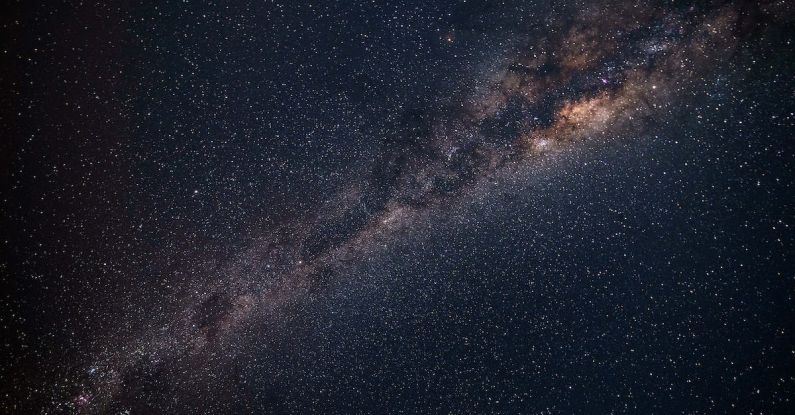Cosmology, the study of the origin, evolution, and ultimate fate of the universe, has made tremendous strides over the past century. From the discovery of the expanding universe to the detection of cosmic microwave background radiation, our understanding of the cosmos has been revolutionized. However, there are still many mysteries waiting to be unravelled. In this article, we will explore some of the next big discoveries that cosmologists are eagerly anticipating.
The Nature of Dark Matter
Dark matter, the elusive substance that makes up approximately 27% of the universe, continues to perplex scientists. Although its existence is inferred from its gravitational effects on visible matter, its composition and properties remain unknown. Researchers are actively searching for new particles and interactions that could explain the nature of dark matter. The next big discovery in cosmology could involve the detection of these mysterious particles or the observation of their interactions with ordinary matter.
Unraveling the Dark Energy Mystery
Dark energy, the force driving the accelerated expansion of the universe, is another unsolved puzzle in cosmology. While dark matter exerts a gravitational pull, dark energy acts as a repulsive force, causing the universe to expand at an ever-increasing rate. Understanding the nature of dark energy is crucial for comprehending the fate of the universe. Cosmologists are exploring various theories, from modifications to Einstein’s theory of gravity to the possibility of multiple universes, in their quest to unlock the secrets of dark energy.
Probing the Early Universe
The study of the early universe provides valuable insights into its formation and evolution. One of the most exciting prospects in cosmology is the ability to observe the cosmic dawn – the period when the first stars and galaxies formed. By detecting the faint signals from this era, scientists hope to gain a deeper understanding of the conditions that led to the universe as we know it today. The upcoming James Webb Space Telescope, set to launch in 2021, holds immense promise in this area, with its advanced capabilities to observe the earliest cosmic structures.
Exploring Exoplanets and the Potential for Life
While cosmology primarily focuses on the universe as a whole, the study of exoplanets, planets outside our solar system, has become an integral part of the field. With the recent advancements in exoplanet detection techniques, researchers have discovered thousands of alien worlds. The next big discovery in cosmology could involve the detection of a potentially habitable exoplanet, providing tantalizing clues about the existence of extraterrestrial life. Efforts are also underway to characterize the atmospheres of exoplanets, searching for biosignatures that could indicate the presence of life.
Gravitational Waves and Cosmic Inflation
The detection of gravitational waves by the Laser Interferometer Gravitational-Wave Observatory (LIGO) in 2015 was a monumental achievement. These ripples in spacetime, caused by the collision of massive objects like black holes, offer a new way to explore the universe. In the future, advancements in gravitational wave detectors could enable us to probe even earlier stages of the universe, including the epoch of cosmic inflation. By studying these primordial gravitational waves, scientists hope to gain insights into the physics that governed the universe during its earliest moments.
Conclusion: The Never-Ending Quest for Knowledge
Cosmology is a field that continually pushes the boundaries of our understanding. The next big discoveries in cosmology hold the potential to revolutionize our understanding of the universe and reshape our place within it. From unraveling the mysteries of dark matter and dark energy to probing the early universe and searching for signs of extraterrestrial life, cosmologists are on an exciting quest for knowledge. As technology advances and new observations are made, we can eagerly anticipate the unveiling of the next chapter in our cosmic story.
